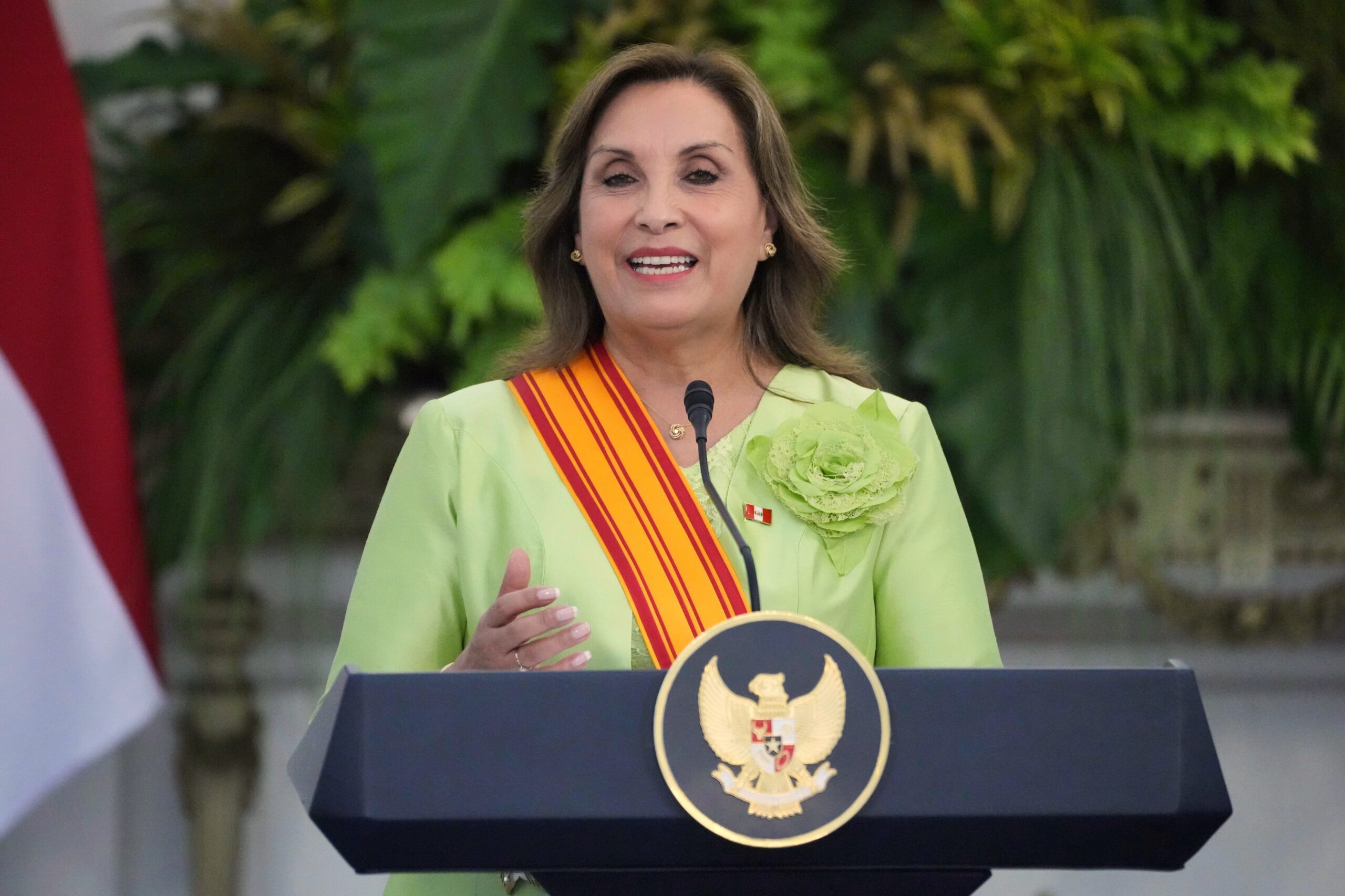The president of LIMAPeru signed an amnesty measure into law on Wednesday, shielding police officers and military members from prosecution for alleged violations of human rights committed during the nation’s civil conflict decades ago.
Despite attempts to overturn it from both the local and international society, the new law was implemented. An estimated 70,000 individuals were killed in the 1980–2000 conflict between the Peruvian military and the Shining Path communist guerrilla, most of whom were in rural areas.
Suggested Videos
In an official event, President Dina Boluartes declared that Peru pays tribute to those who bravely and resolutely faced the rebellion. She went on to say that police officers and members of the armed forces have endured years of unfair charges, never-ending trials, and suffering that has impacted not only them but also their families.
Some rights organizations immediately criticized the move to pass the measure.
In a statement, Human Rights Watch claimed that the law gives those responsible for major crimes impunity and that Peru has joined Nicaragua, Venezuela, and other nations in ignoring victims’ rights.
The rights group’s Americas head, Juanita Goebertus, stated that this bill is a simple betrayal of Peruvian victims. It further erodes the nation’s rule of law and undercuts decades of attempts to guarantee responsibility for atrocities.
In July, Congress passed the measure. 156 convictions and another 600 cases under prosecution could be eliminated, according to a coalition of human rights organizations.
Right-wing political parties that have a history of supporting the military, such as the Popular Force party, which is run by Keiko Fujimori, the daughter of former President Alberto Fujimori, who passed away in September, are among those who support the law. The former president, who presided over Peru from 1990 to 2000, spent the most of his final 15 years behind bars after being found guilty of crimes against humanity.
In addition to defeating the Shining Path, a radical communist organization that spearheaded a bloody uprising to topple the government, Fujimori’s administration assisted in restoring the country’s economy after years of hyperinflation. But in 1992, he proclaimed a state of emergency and gave the military orders to close Peru’s congress and supreme court, turning his government into an authoritarian one.
Other amnesty laws that Peru passed in 1995 protected police and military personnel from prosecution for alleged violations of human rights during the internal war in the country, such as torture, massacres, and enforced disappearances.
At least twice in the past, the Inter-American Court of Human Rights has ruled that Peru’s amnesty laws are unconstitutional due to their violation of international human rights standards and the right to justice.
According to a truth commission, Indigenous Peruvians involved in conflicts between Shining Path and security forces accounted for the majority of the conflict’s victims.
____
Go to https://apnews.com/hub/latin-america to follow AP’s coverage of Latin America and the Caribbean.








